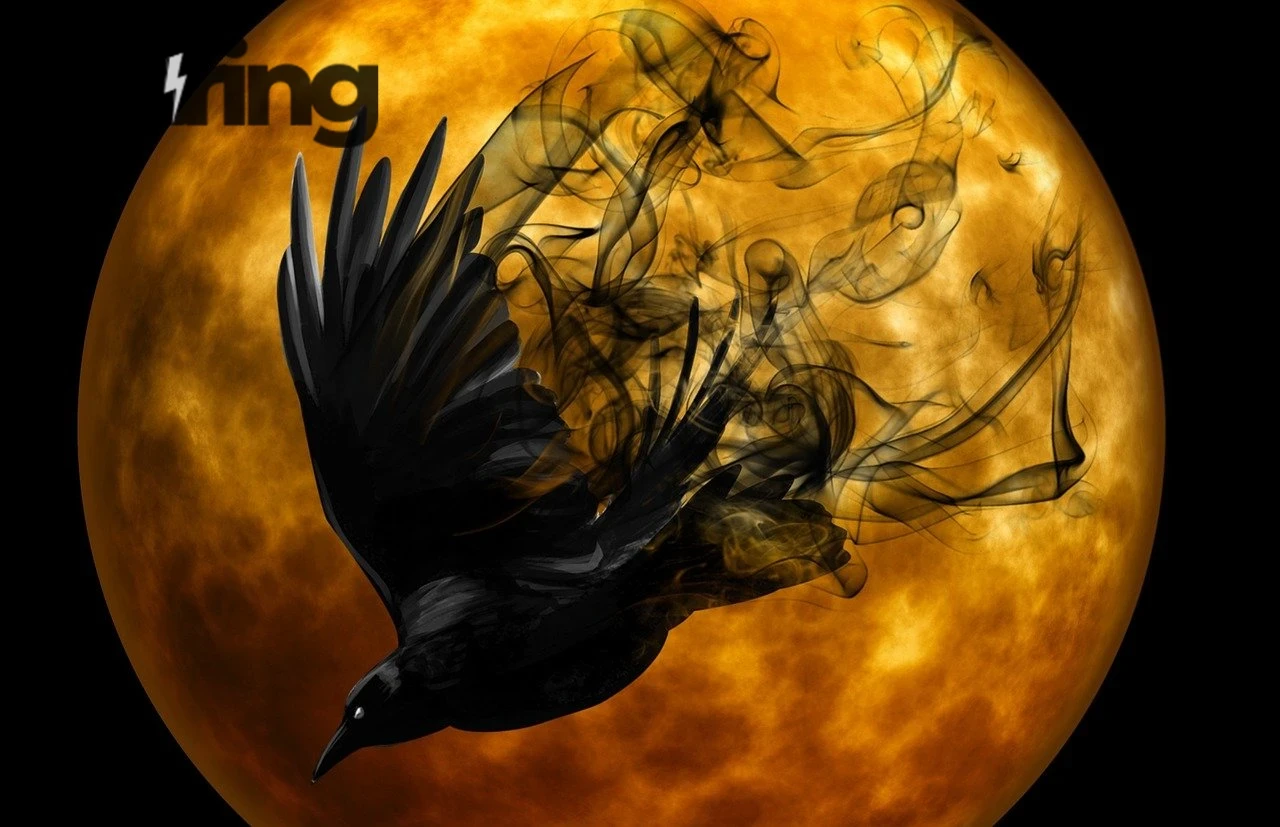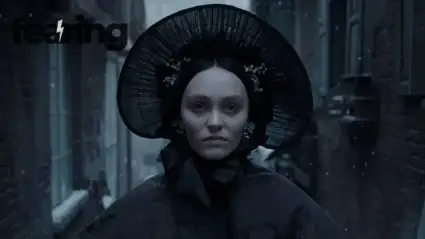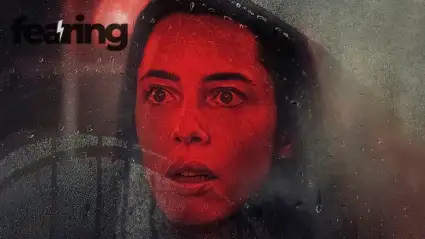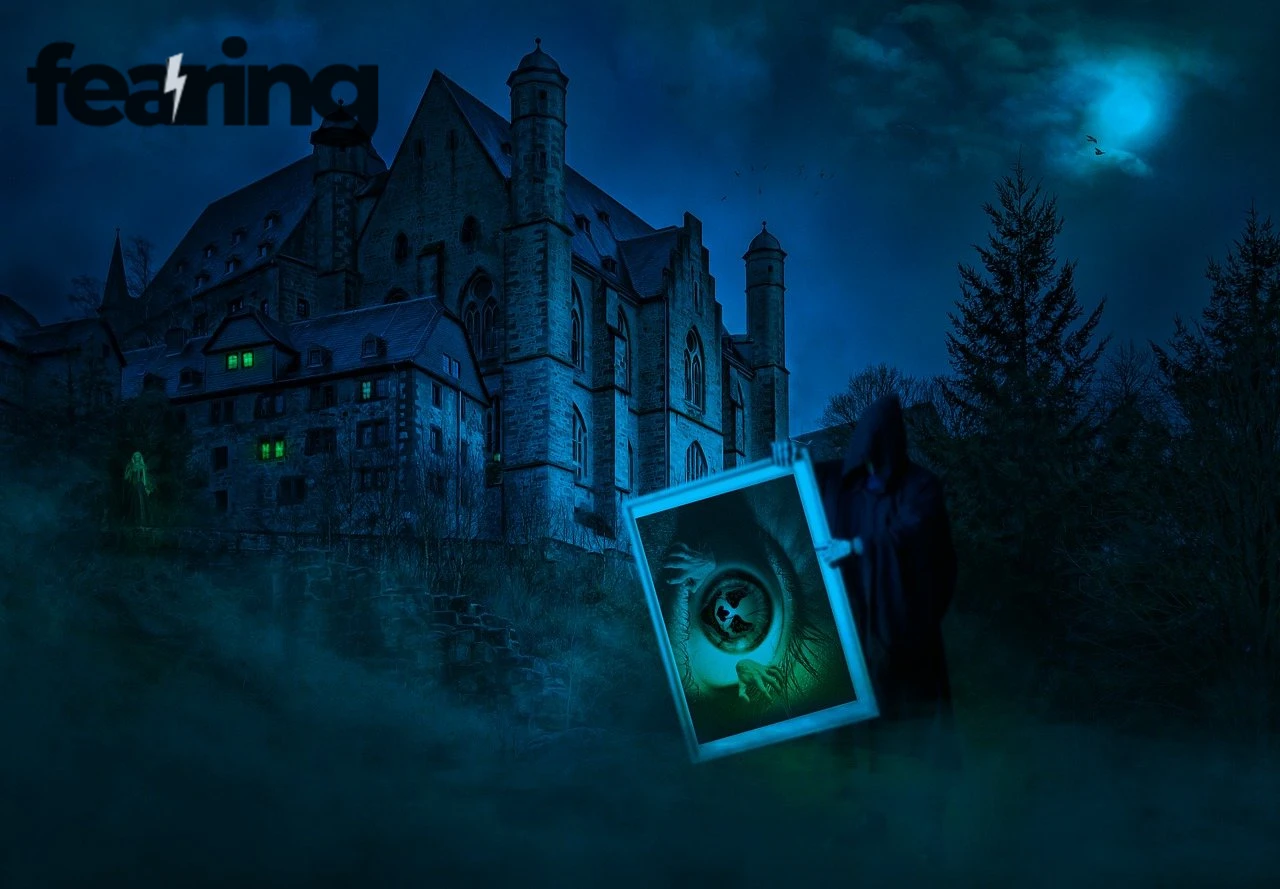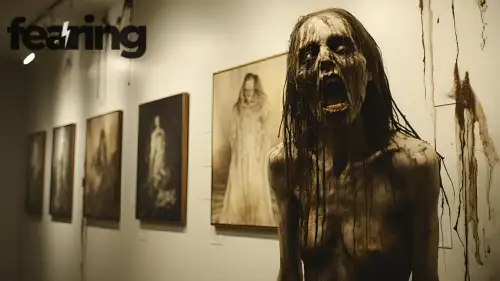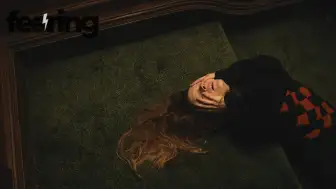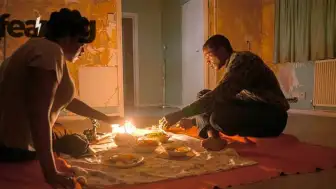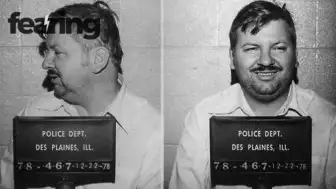Heretic is not your typical horror game. There are no loud jump scares, no cheap monsters lunging from the shadows. Instead, it builds fear through silence, moral conflict, and the unsettling realization that the enemy might not be supernatural at all — it might be you.
Developed by Cult Studio, Heretic explores the psychological breakdown of belief and guilt through an immersive narrative that feels more like a confession than a game.
“It’s a horror experience that doesn’t ask if God exists,” wrote IGN, “but whether forgiveness ever can.”
Setting And Story
Set in a crumbling monastery deep in Eastern Europe, Heretic follows Father Tomas, a defrocked priest summoned to investigate a series of ritualistic murders. The deeper he ventures, the more the walls themselves seem to remember sin.
Every corridor breathes with history — from decayed frescoes to echoing prayers that fade into whispers. The game never tells you what’s real or imagined, turning faith into a puzzle and guilt into the real monster.
| Feature | Detail |
|---|---|
| Developer | Cult Studio |
| Publisher | Iron Veil Interactive |
| Release Date | February 2025 |
| Genre | Psychological / Survival Horror |
| Platform | PC, PS5, Xbox Series X/S |
| Average Review Score | 9.1/10 (Metacritic) |
The Horror Of Ambiguity
Unlike traditional horror that relies on physical threat, Heretic thrives on spiritual unease. The player is constantly asked to choose — between faith and reason, salvation and survival.
Every decision affects Father Tomas’s mental state, altering dialogue, environment, and even enemy behavior. Hallways shrink, statues move, prayers distort — all based on guilt levels tracked invisibly beneath the interface.
“It’s not about exorcising demons,” notes Polygon, “but about realizing the exorcism might be you.”
Gameplay Mechanics
At its heart, Heretic is an exploration-based survival horror with heavy narrative integration.
Core Mechanics
Confession System: Players reveal or conceal sins in dialogue, shaping story outcomes.
Faith Meter: A morality-based sanity mechanic affecting perception.
Ritual Puzzles: Solving sacred geometry and liturgical clues to unlock progression.
Stealth and Consequence: Confrontations are rare; silence and avoidance are key.
The result is a game that plays more like an interactive sermon on morality, using psychological discomfort instead of violence.
| Mechanic | Player Impact |
|---|---|
| Confession Choices | Alters both ending and NPC trust |
| Faith Meter | Changes world appearance and sound |
| Symbol Puzzles | Unlock secret endings |
| Silence | Prevents detection by “The Choir” (main enemy) |
Visuals And Atmosphere
Graphically, Heretic achieves an eerie realism without overwhelming spectacle. Candlelight reflects off damp stone walls, and subtle camera distortion makes rooms feel slightly “wrong.”
The visual language is steeped in religious iconography — saints with missing eyes, crucifixes bending under invisible pressure, and frescoes that fade into screaming faces as light flickers.
“It feels like Caravaggio painted a nightmare,” said GameSpot, praising its use of chiaroscuro lighting.
Sound Design
If the visuals unsettle, the audio terrifies. Composer Lina Kovács blends Gregorian chants with distorted reverb, creating layers of subconscious discomfort.
Whispers emerge from behind walls, reciting incomplete prayers; wind howls like breath over a microphone. When the Faith Meter dips low, the soundtrack itself bends into dissonance — proof that the game listens to your fear.
“You don’t play Heretic with your hands,” wrote Eurogamer. “You play it with your nerves.”
Themes And Symbolism
Heretic isn’t just horror — it’s philosophy draped in fear. Its themes confront institutional faith, hypocrisy, and the human need for absolution. Every revelation asks a harder question: what if belief is just another prison?
Recurring Themes
Guilt as Manifestation – The environment mirrors inner sin.
Faith vs. Evidence – Rationality punished through design.
Blasphemy as Rebellion – Salvation through heresy.
Silence as Confession – The inability to speak becomes complicity.
Many players compare it to Silent Hill 2 for its psychological realism, yet Heretic replaces fog with incense and monsters with memory.
Performance And Replayability
Built on Unreal Engine 5, Heretic runs smoothly even on mid-tier hardware. Ray-traced lighting heightens its oppressive mood, while minimal UI keeps players immersed.
Multiple endings encourage replay — one absolves, one condemns, and one leaves Father Tomas forever uncertain.
| Ending | Requirement | Interpretation |
|---|---|---|
| Salvation | Reveal all confessions | Acceptance of guilt |
| Damnation | Conceal every sin | Self-denial leads to destruction |
| Silence | Balance truth and lies | Faith without proof |
Critical Reception
Since its release, Heretic has drawn universal praise for redefining religious horror. Critics call it “meditative,” “intellectual,” and “spiritually harrowing.”
| Source | Score | Summary |
|---|---|---|
| IGN | 9/10 | “An unholy masterpiece.” |
| Polygon | 9.5/10 | “Turns theology into terror.” |
| GameSpot | 8.8/10 | “A visual sermon on guilt and grace.” |
| Eurogamer | 5 Stars | “Quiet horror at its finest.” |
The Verdict
Heretic is an extraordinary psychological horror experience — as introspective as it is terrifying. By blending theology with interactive storytelling, it pushes the boundaries of what horror can express.
Every choice feels like a prayer unanswered, and every ending, no matter how hopeful, leaves a stain.
“It’s not just a game,” concludes PC Gamer, “it’s a confessional booth that talks back.”
| Category | Score |
|---|---|
| Story | 9.5 |
| Atmosphere | 10 |
| Gameplay | 8.7 |
| Sound | 9.8 |
| Emotional Impact | 10 |
| Overall | 9.4/10 |
FAQ
Q1: Is Heretic connected to the 1994 shooter of the same name?
A1: No. This is an entirely new IP focused on psychological horror, not fantasy action.
Q2: Is it a religious game?
A2: It explores religion critically, not devotionally — challenging belief rather than promoting it.
Q3: How long does it take to finish?
A3: Roughly 10–12 hours for a first playthrough; 20+ to unlock every ending.
Q4: Does it feature combat?
A4: Minimal. The player must rely on stealth, observation, and moral choice.
Q5: Is it worth playing alone?
A5: Absolutely. Its atmosphere relies on solitude and personal interpretation.
Sources
Polygon – The Theology Of Fear In Heretic

